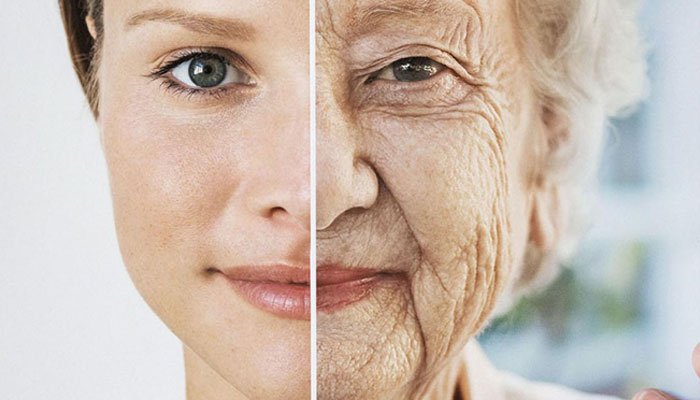Study Identifies Age 50 as Key Turning Point in Accelerated Aging
A recent study by scientists from the Chinese Academy of Sciences reveals that human aging speeds up significantly around the age of 50. Unlike the common belief that aging happens gradually, this research shows that the body ages in stages, with a sharp acceleration starting in midlife. Although, there are several foods that boost health. Still, the team studied proteins in various organs and tissues from 76 donors aged 14 to 68. They found that blood vessels, especially veins, age faster and become more vulnerable after 50.
The researchers examined samples from seven major body systems, including cardiovascular, digestive, immune, endocrine, respiratory, skin, and muscle tissues. They tracked changes in protein levels over time and linked these changes to 48 disease-related proteins associated with conditions like heart disease, tissue scarring, fatty liver, and tumors. The most dramatic protein shifts occurred between ages 45 and 55, with the aorta showing the strongest signs of aging. The pancreas and spleen also showed significant changes during this period.
Protein Study Paves Way for Targeted Anti-Aging Therapies
To confirm their findings, researchers injected a protein linked to aging into young mice. These mice showed reduced strength, endurance, coordination, and other signs of accelerated vascular aging compared to untreated mice. This experiment confirmed that specific proteins play a key role in the aging process.
The study suggests aging happens in phases, affecting different organs at different times. Understanding these patterns can help scientists develop targeted treatments to slow aging and reduce age-related diseases. The team plans to build a detailed protein atlas covering 50 years of human aging to reveal both common and organ-specific aging patterns. These insights could improve health outcomes and quality of life for older adults.








